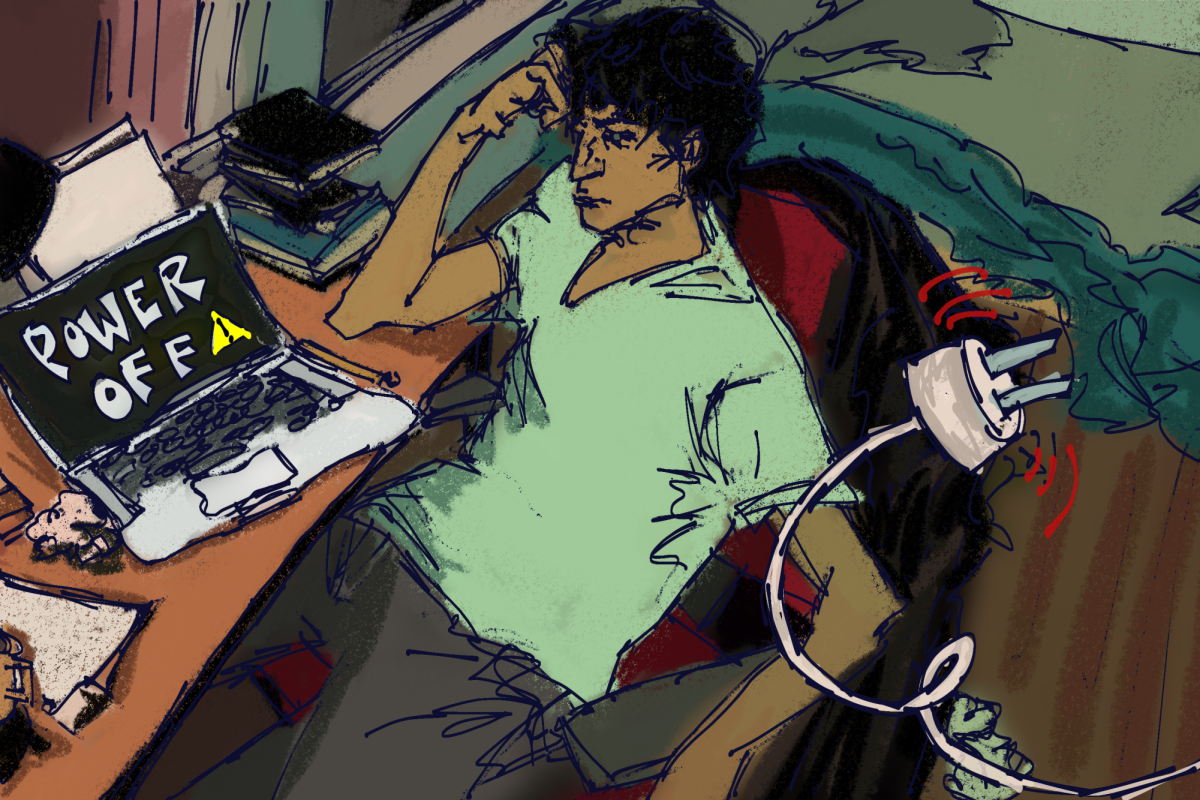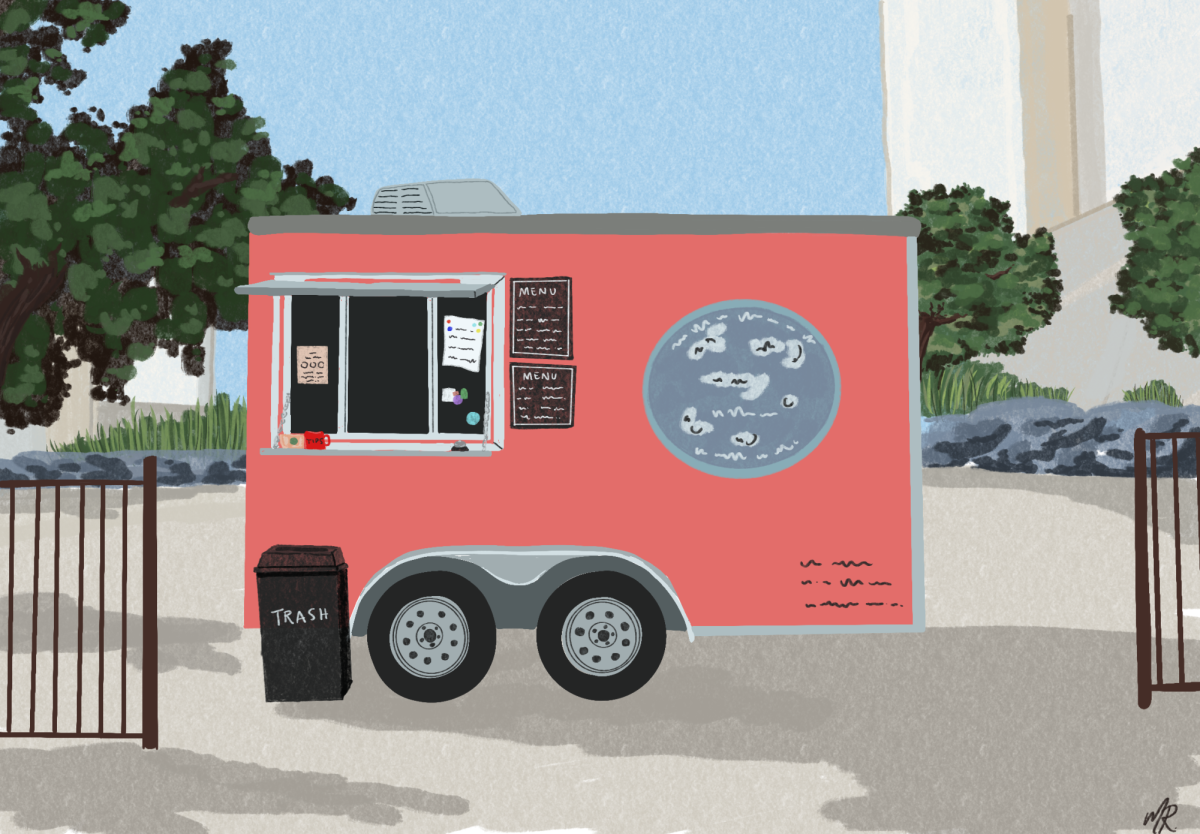Test banks have recently become a controversial issue since the Senate of College Councils proposed a resolution to create a University-wide online test bank this month. Historically the prerogative of honors societies, test banks offer an unparalleled study aid to those that can access them. With a school-wide test bank, students across campus can get the help they want when cramming for finals—no honors society membership required. But the help students want is not always the help they need.
The University is renowned for the academic capacity of its students. We are some of the brightest scholars in the state, if not the nation. Unfortunately, our penchant for high marks can distract from — and sometimes oppose — true learning. Schoolwide test banks might bolster GPAs, but could persuade students to “learn it for the test” instead of learning it for life.
The primary motivation for the Senate resolution is to increase students’ access to study material, yet contributions would be made only under the authority and discretion of professors. So, if some professors choose not to use the test bank and others do, the learning environment becomes more unequal, not less.
As Senate president Rachel Osterloh said in 2013, “Test banks can inflate grades without increasing understanding … students with access to test banks have an unfair advantage. Unequal access to test banks not only affects the overall quality of [an individual’s] education, but it also affects the classroom on the whole.”
Students also may be dissuaded from taking courses taught by faculty that do not contribute to the test bank, pressuring professors to either “get with the program” or risk negative reviews.
Test banks also push professors to generate entirely new exams and assignments — activities no professor enjoys.
A University-wide test bank would force professors either to forgo participation and risk student dissatisfaction, sacrifice their valuable time developing novel exams and assignments or — worst of all — neither. Inevitably, some professors would both contribute old material to the test bank and still reuse it in class.
Such a lack of diligence would be devastating to the academic prestige of the University, just as it was to the University of Central Florida in 2010 when a senior-level business class discovered their professor was recycling test questions available online. The cheating scandal that ensued made national headlines, but such behavior is commonplace on any campus. A school-wide test bank would make it even easier for students to capitalize on an unscrupulous professor.
Osterloh now believes the Senate’s test bank “would hopefully create a more equal playing field in the classroom,” but the grade (no pun intended) of the playing field is not the biggest thing at stake. The culture of UT and the value of an education on the Forty Acres depend on the precedent we set with this resolution. Our wants as students are not always aligned with our best interests or the best interests of the University, and our feelings towards this Senate resolution are no exception. If equality is what we want, I’ll hold out for a resolution to give students a discount for Chegg.
Schmidt is a physics and aerospace engineering sophomore from Austin. Follow him on Twitter @heyjakers.





















